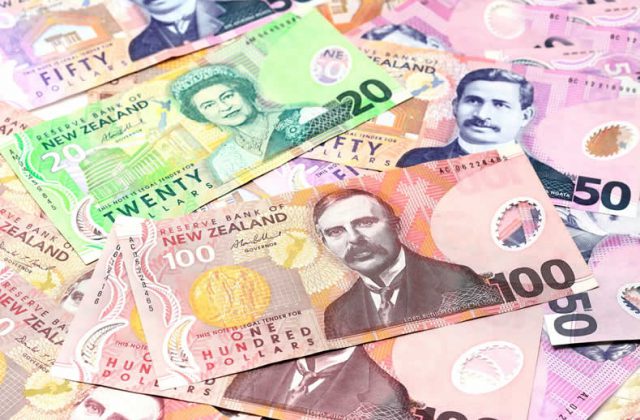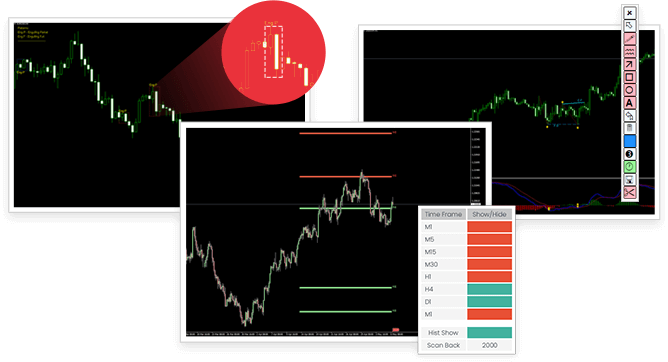The New Zealand dollar, denoted as NZD, is the legal tender and official currency of New Zealand. New Zealand’s decimalization of the NZD occurred in 1967, composing the NZD off of 100 cents. NZD is oftentimes referred to as kiwi due to the nation’s bird found embedded on the one-dollar coin.
The origins of the New Zealand currency can be traced back over 160 years with the largest marginal change transpiring in 1933 when New Zealand printed its nation’s first official coins.
In an effort to impede counterfeiting, the New Zealand government produced a plastic or polymer version of the New Zealand dollar, which, coincidentally, allowed the polymer notes to last nearly four times longer than traditional paper or linen notes.

The New Zealand dollar is known as a high-yielding currency, as a result, foreign exchange traders will oftentimes employ a trading methodology known as currency carry trades, where traders will buy the New Zealand dollar and fund it with a lower-yielding currency such as the Swiss franc or Japanese yen, allowing investors to marginalize on the exchange rates fluctuations between cross currencies.
The GDP of New Zealand has a significant effect on the value of the New Zealand dollar. New Zealand has a mixed economy where a significant sum of its economy is dependent on agriculture and consumer services. Should the exports of New Zealand surge then an appreciation in the NZD will likely occur and vice versa for a decline in exports.
Since New Zealand’s GDP is closely connected with their agricultural exports, should an increase in commodity prices occur than not only will the GDP of New Zealand increase in value but oftentimes so will the value of the NZD.
Furthermore, New Zealand is the largest exporter of whole milk powder, should dairy prices increase then an appreciation may occur in the NZD.
Other factors that influence the value of the New Zealand dollar include the balance of trade, since New Zealand’s GDP relies heavily on exports, along with tourism volume and economic reports.
Lastly, New Zealand’s high-interest rates make the NZD an ideal growth currency amongst forex traders.
















